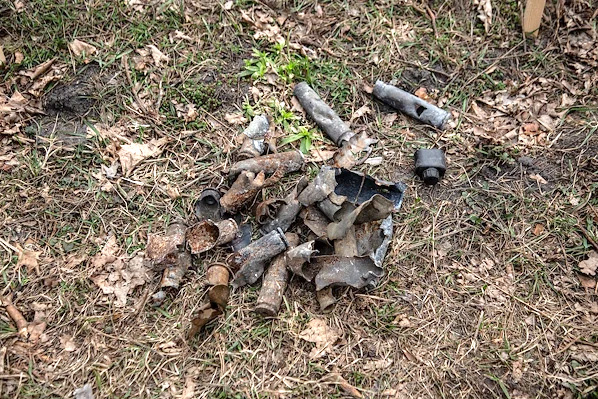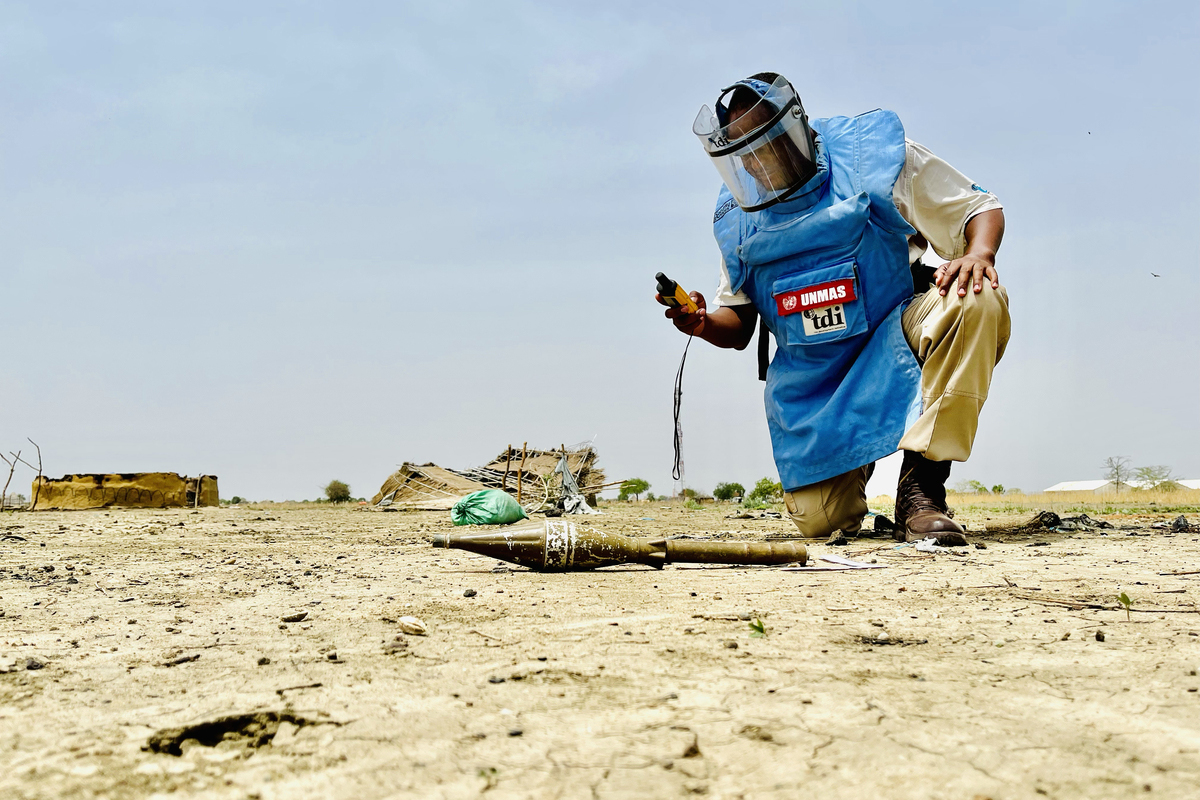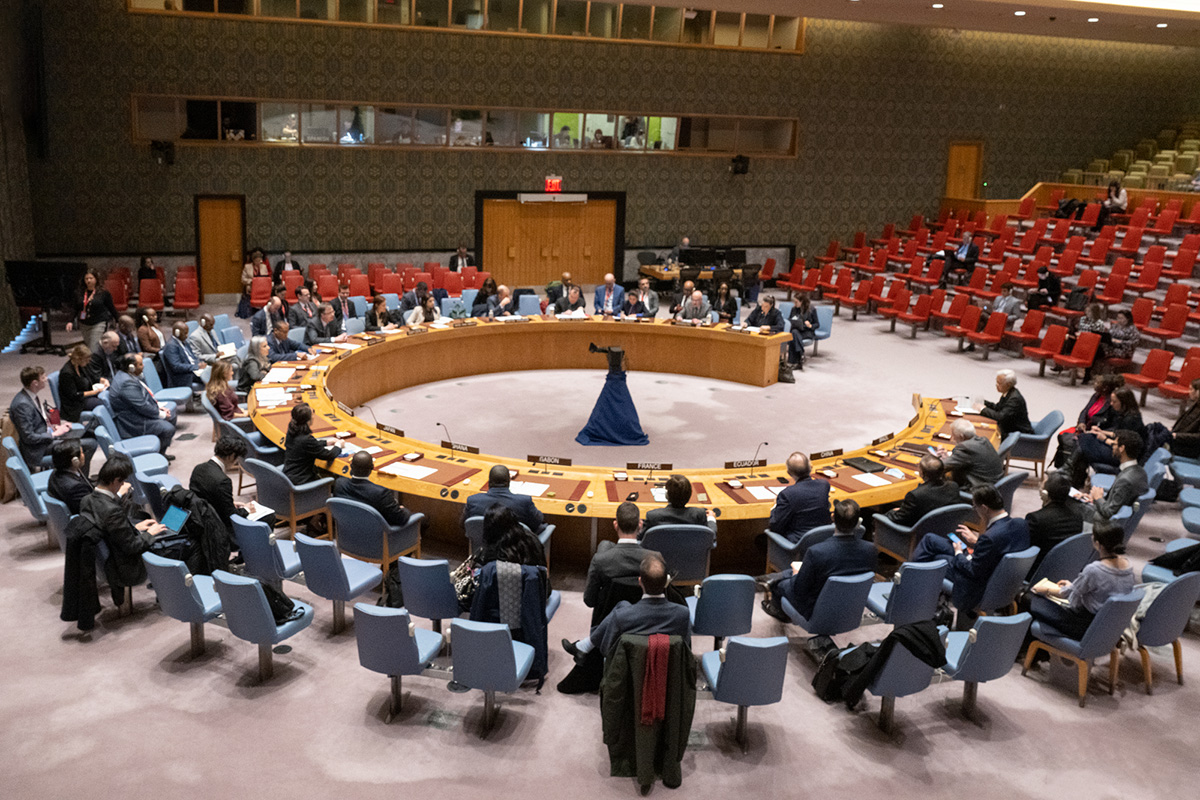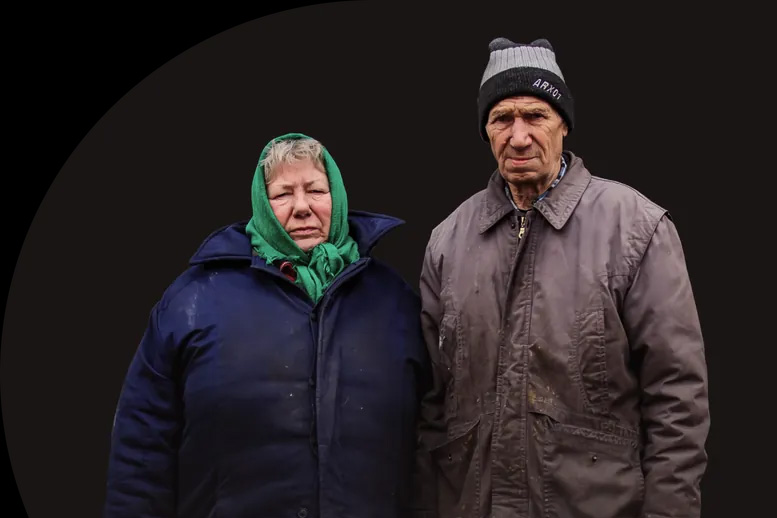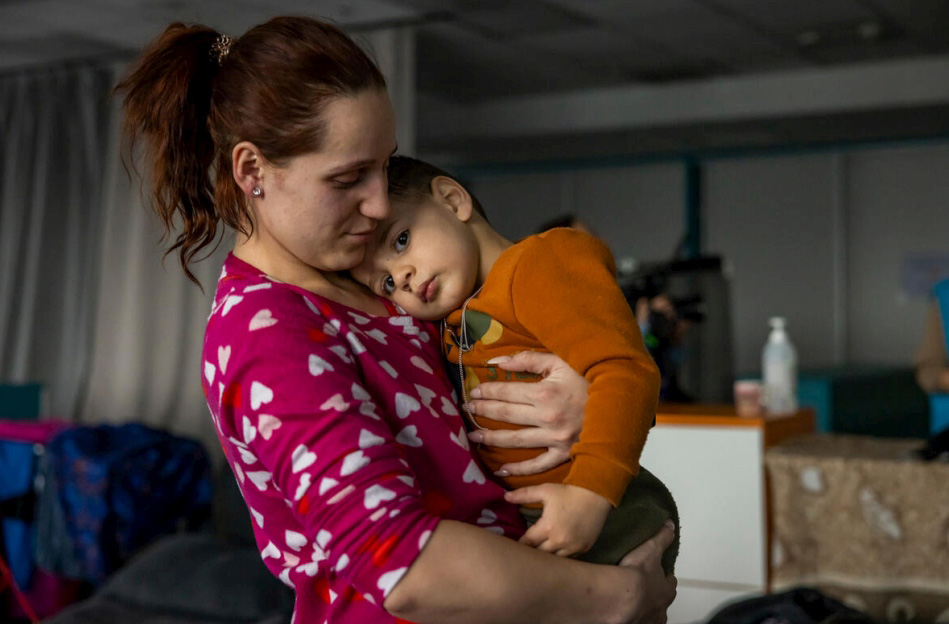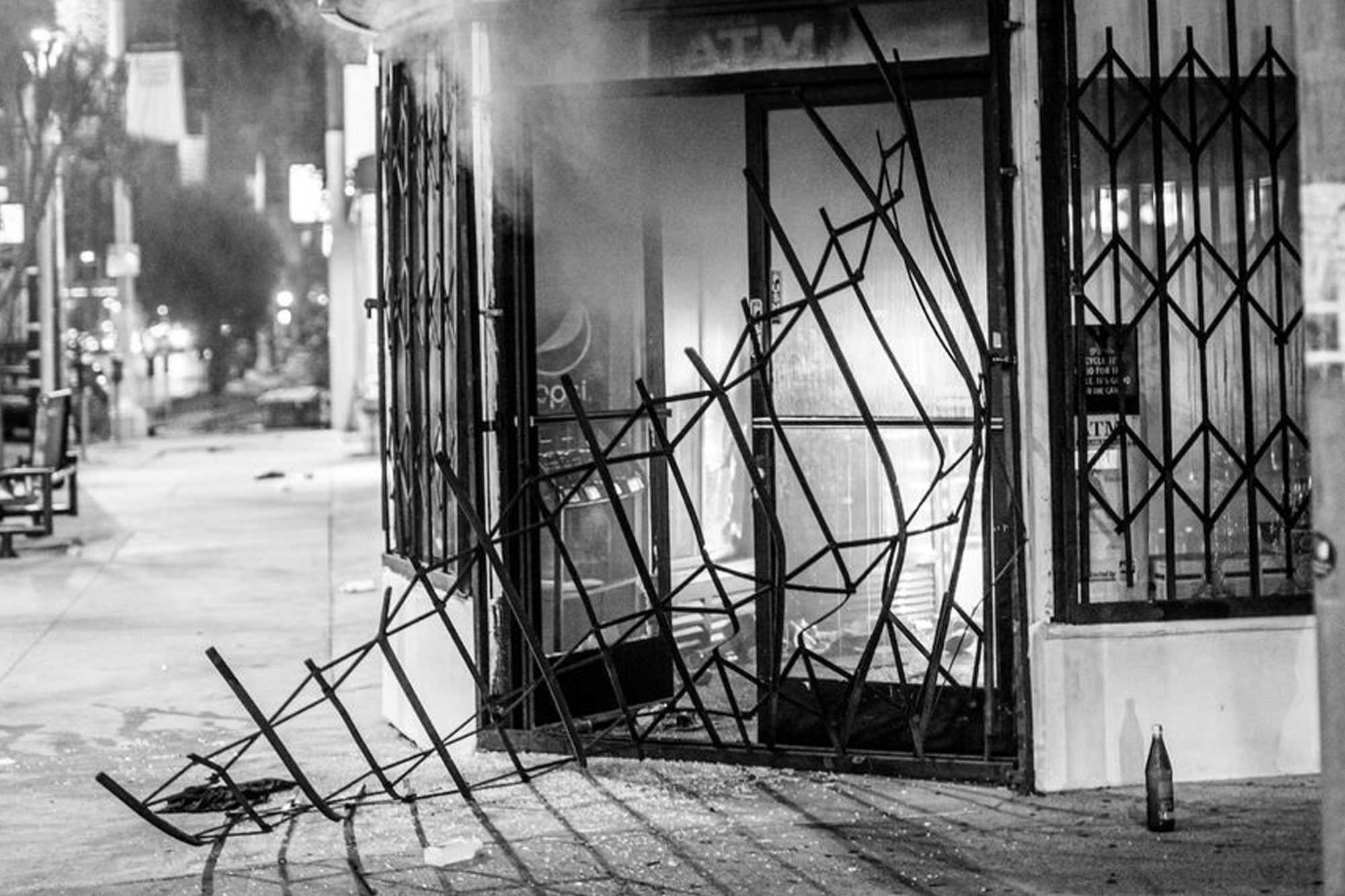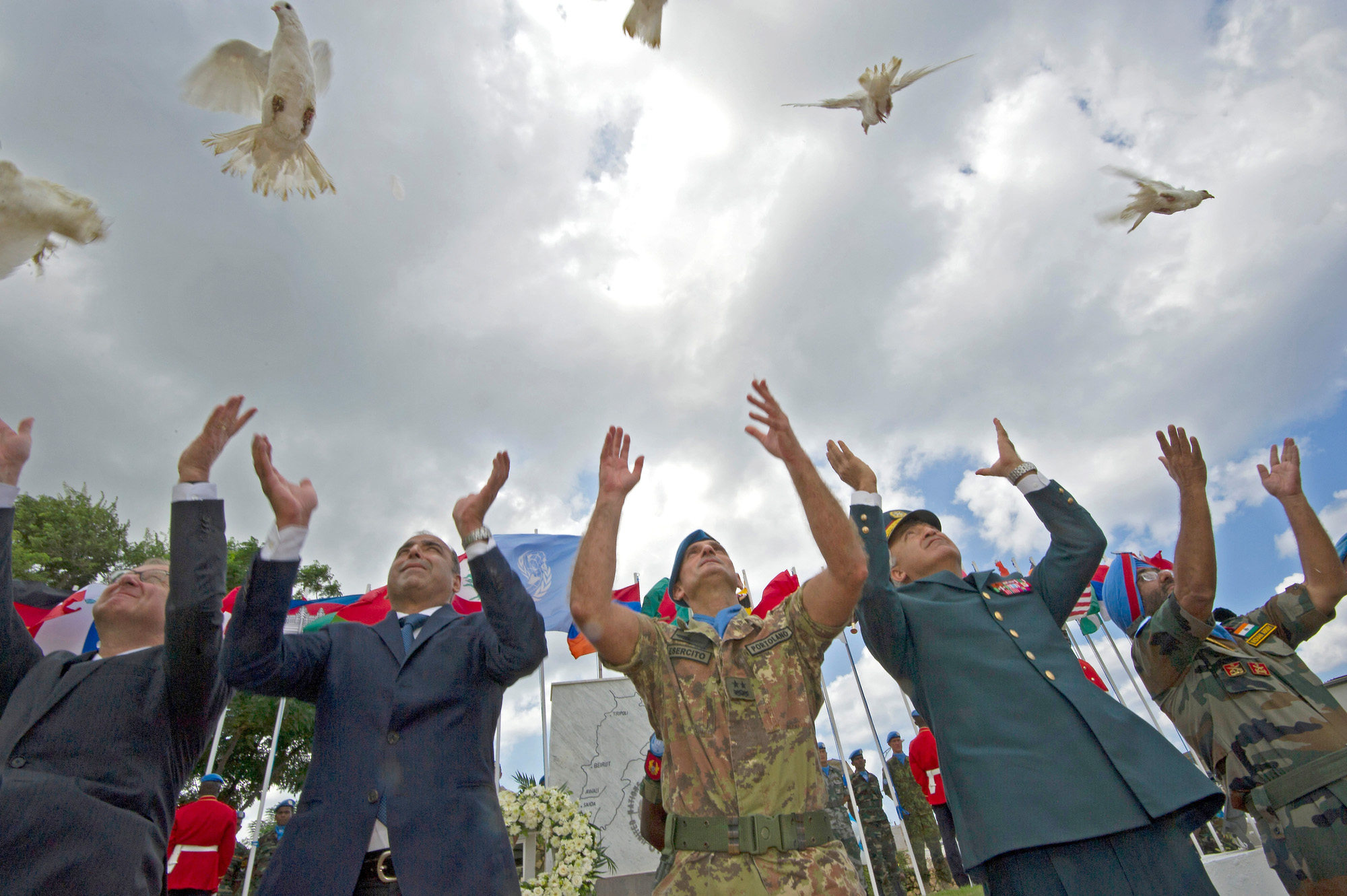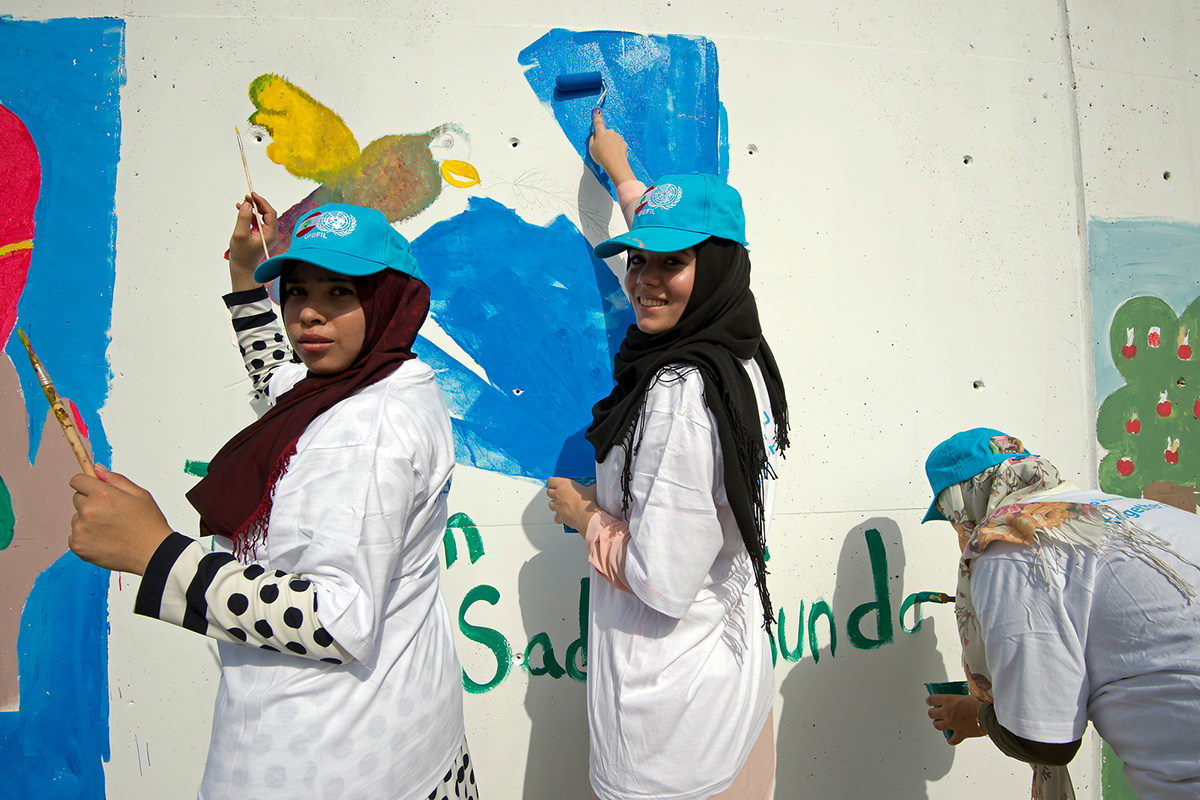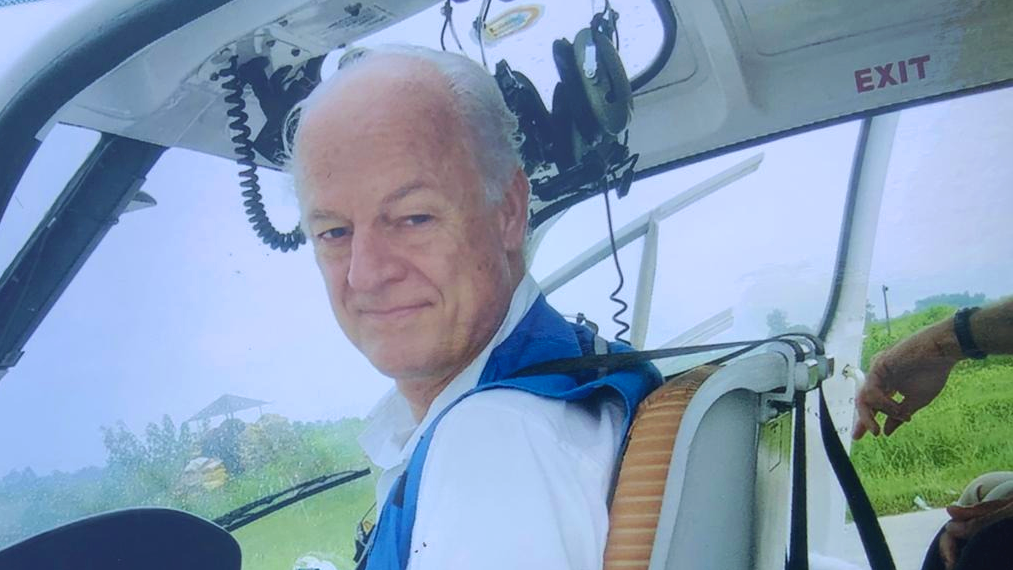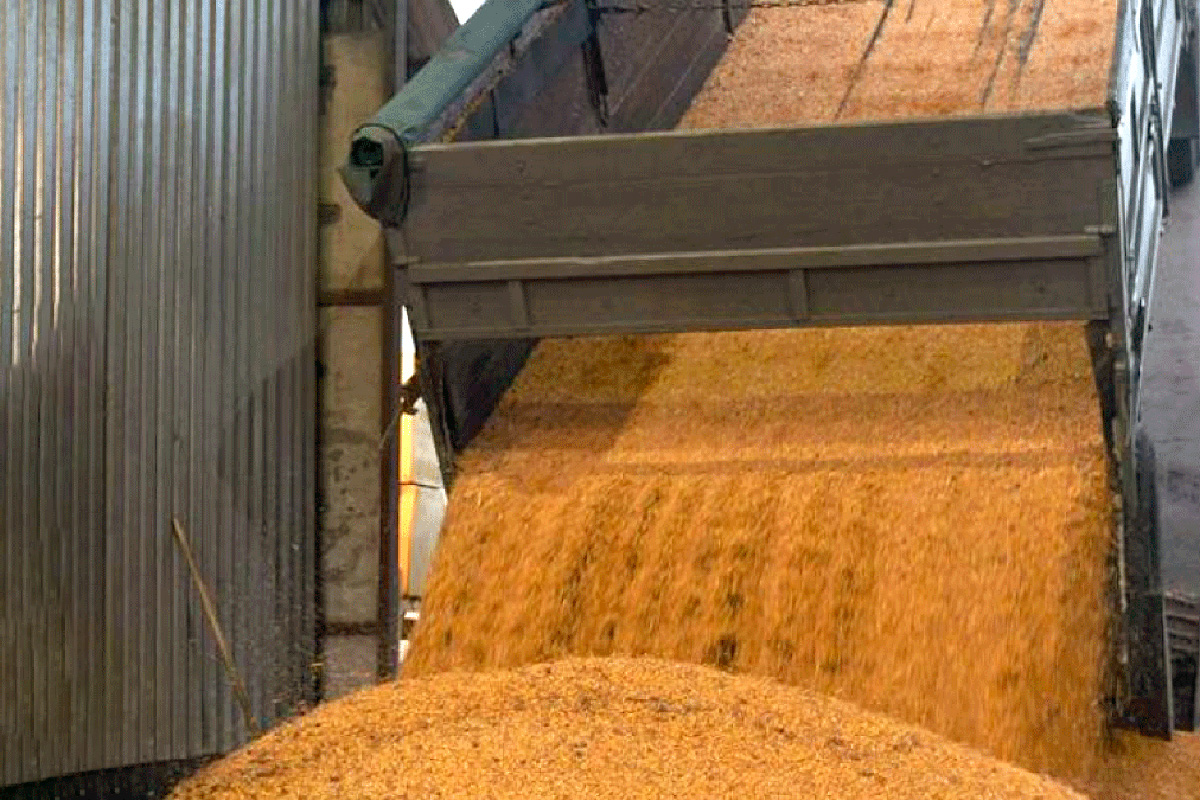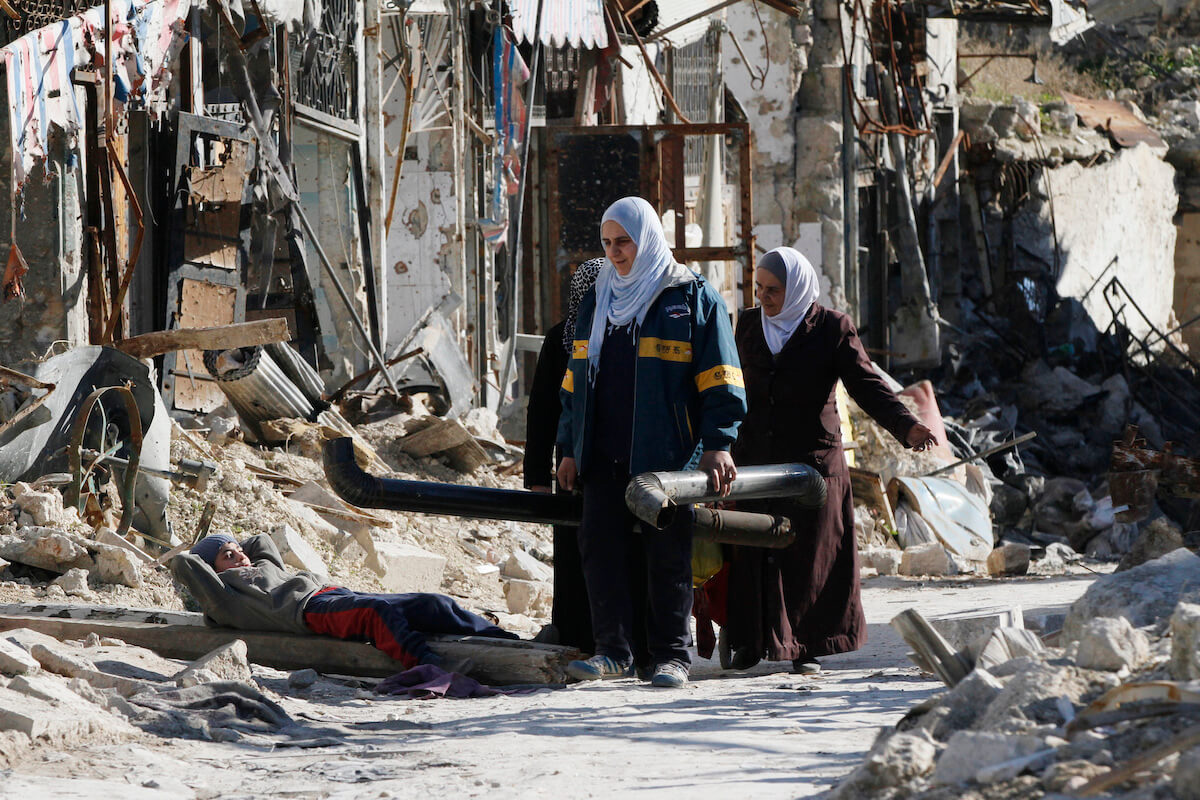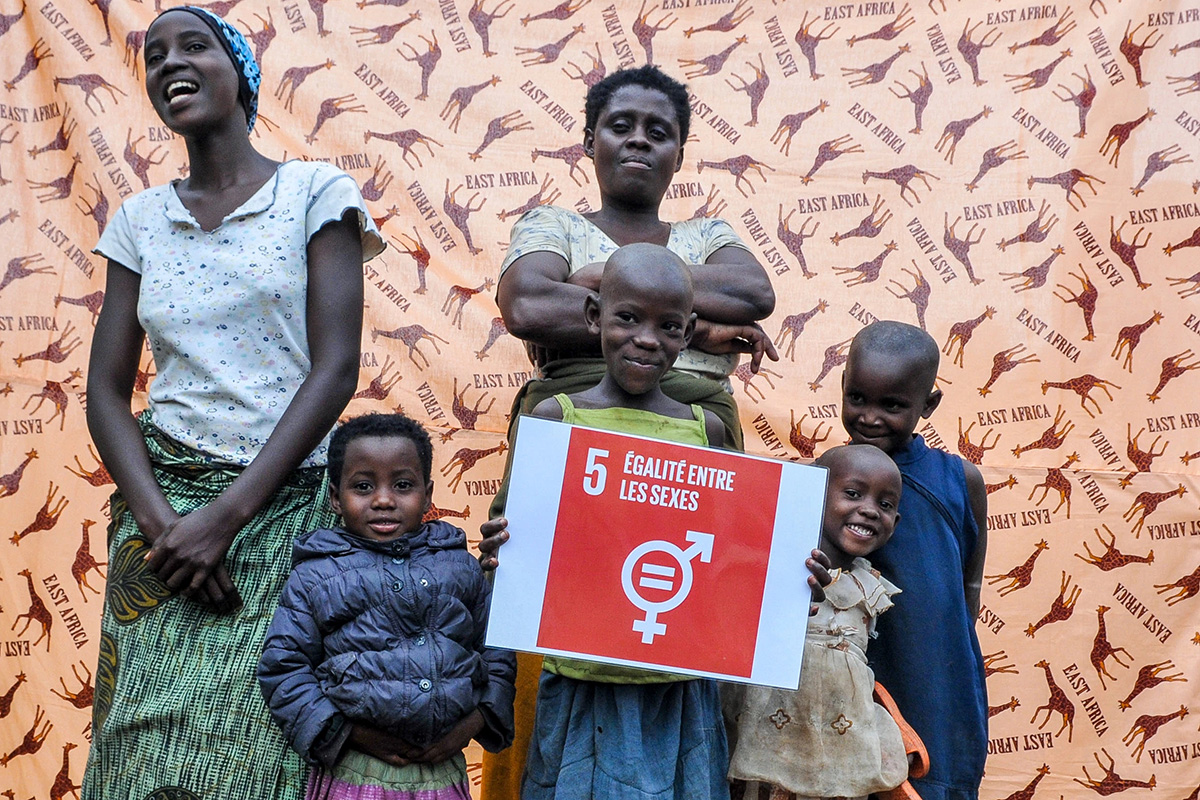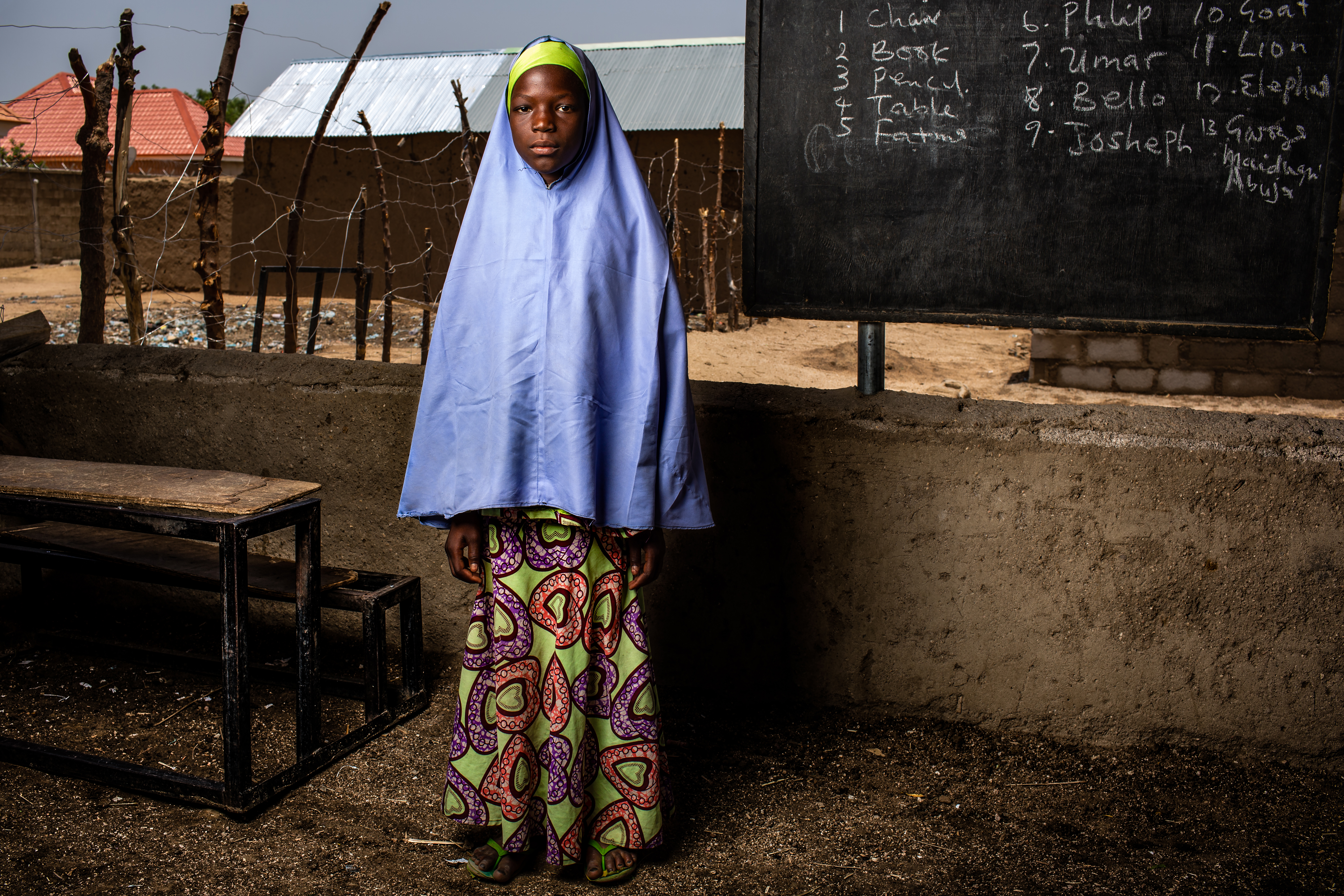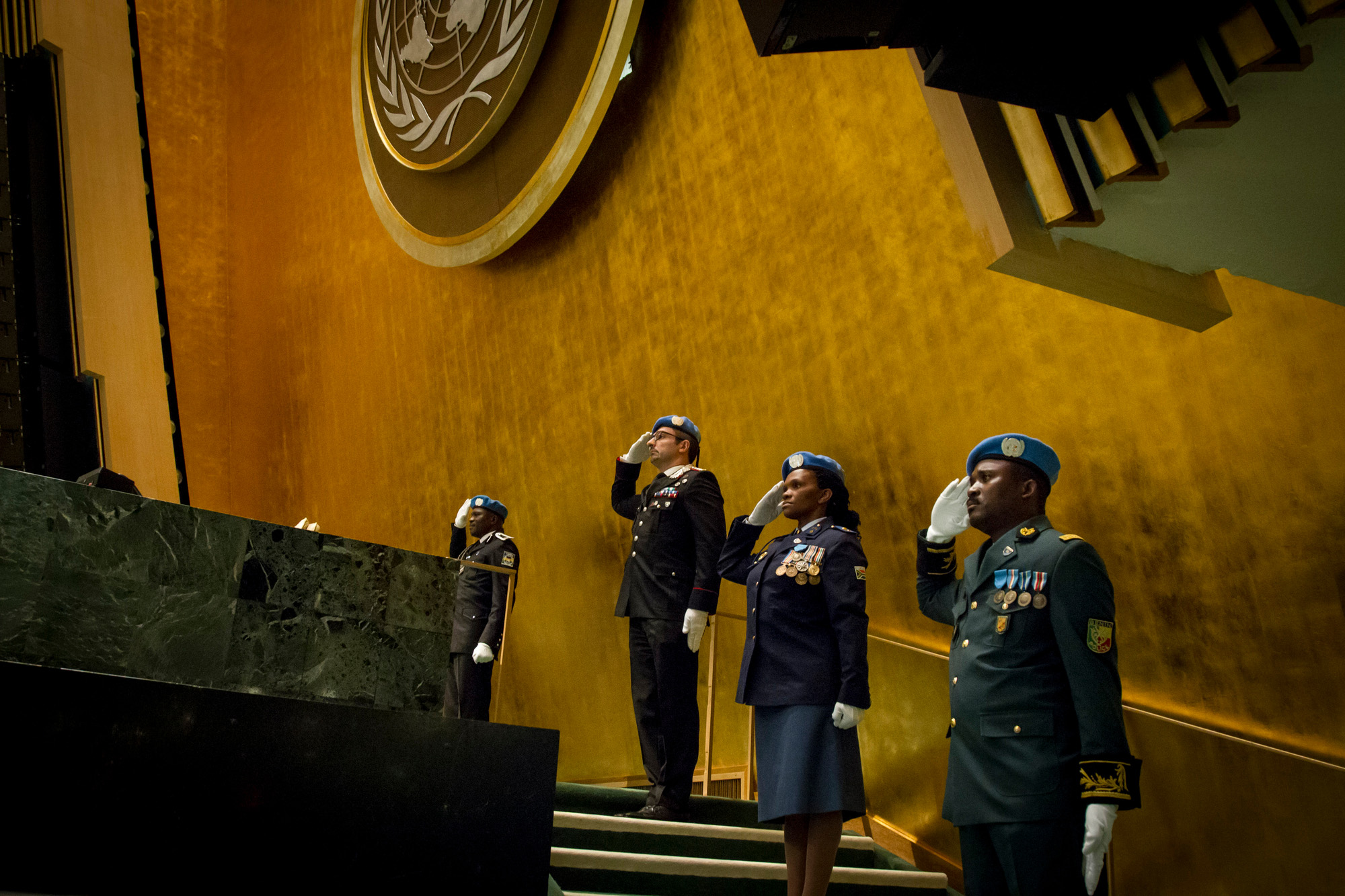Ukraine is now one of the world’s most heavily mine-contaminated countries. It’s estimated that about one third of the country has been exposed to war. “People suffer because of mines and unexploded ordnance. A lot of people have died, adults and children,” says a UNDP Mine Action Analyst. “It’s the highest casualty rate in the world. And we don’t know what level of contamination there will be in a few months.” The task of making Ukraine safe will be time-consuming, complex, and very expensive—the World Bank estimates that a complete clearance of explosive ordnance will exceed US$37 billion.
Peace and Security
Explosive ordnance contamination threatens lives, curtails freedom of movement, limits access to arable land, disenfranchises communities and above all instills fear and insecurity. In 2023, the International Day for Mine Awareness and Assistance in Mine Action (4 April) highlights decades of contamination in Cambodia, the Lao People’s Democratic Republic and Viet Nam and draws attention to recent explosive ordinance contamination. The eradication of all landmines cannot wait. Whether it is new or old contamination, clearance must be completed in accordance with the Mine Ban Convention.
The evolving threat posed by terrorist and violent extremist groups require multi-faceted, agile, collaborative and innovative approaches by stakeholders at the international, national and community levels. Engaging with diverse partners and embracing openness to a multitude of perspectives is fundamental to responding to the complex challenges posed by terrorism and violent extremism. On Tuesday the Security Council will hold an open debate on cooperation between UN and regional organizations in countering terrorism and preventing violent extremism.
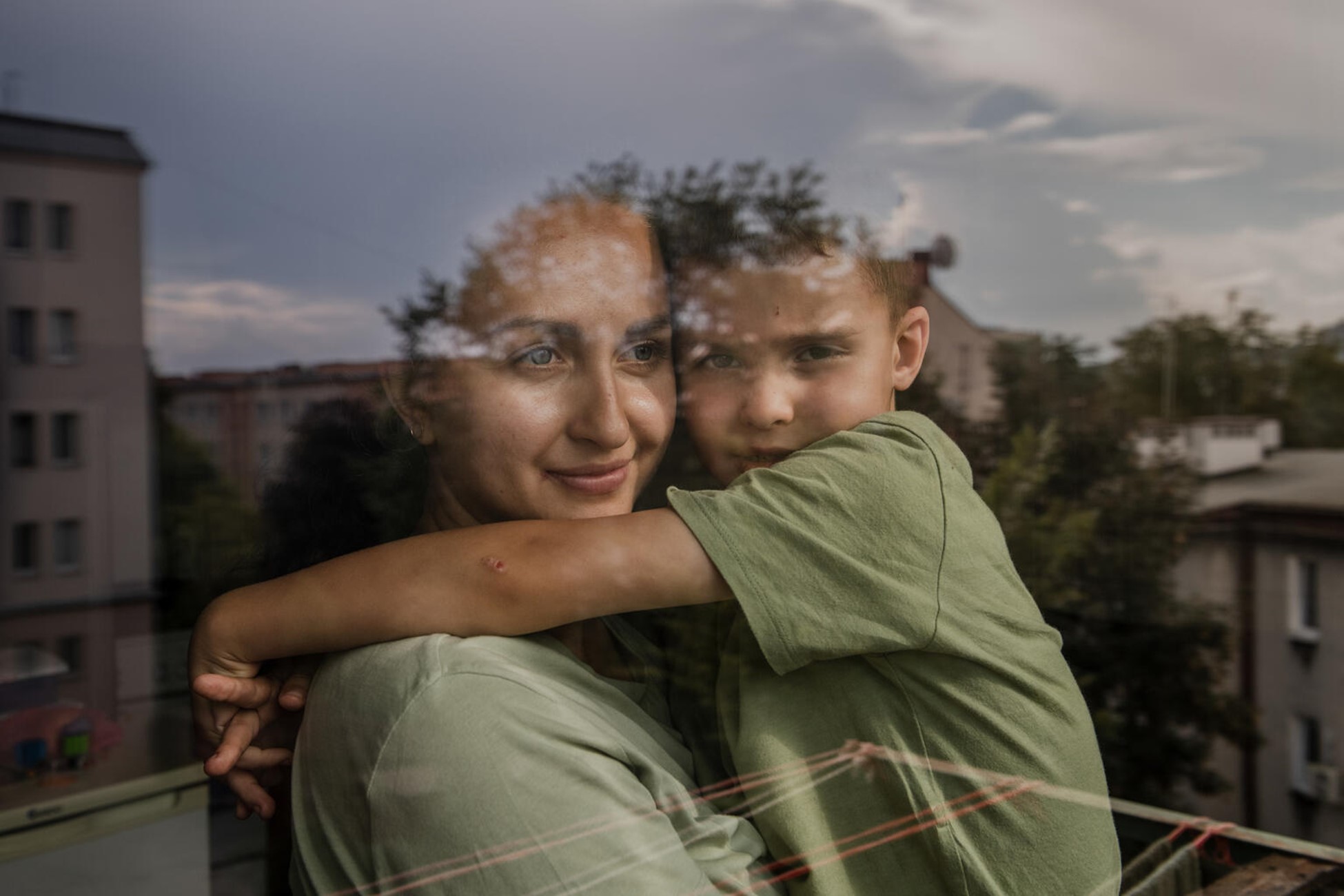
Children need peace. Now.
One year into the Ukraine war, an estimated 1.5 million children are at risk of depression, anxiety, post-traumatic stress disorder and other mental conditions. Not many are lucky as Kateryna who left Kyiv with her children at the beginning of the war. Once again, children are paying the price of a war not of their own making. UNICEF has been working with national and local authorities, as well as civil society organizations in Ukraine and neighboring countries to deliver emergency assistance, access to education, health and mental health support, and life-saving information to children and their families.
The war was just a few weeks old when Maria and Viktor’s lives changed forever. The retired couple live in the village of Moshchun, just outside Kyiv. In mid-March, the village was attacked by Russian soldiers. The home that Maria and Viktor had poured so much love into was destroyed. The war in Ukraine continues to cause widespread death, destruction and suffering. It has left nearly 18 million people in need of assistance and protection. Ukrainians are resourceful and resilient, but they will need support for decades.
As the Russian invasion of Ukraine crosses the one-year mark, on 24 February the Security Council holds an open debate on maintenance of peace and security of Ukraine. According to the Secretary-General, the Russian invasion is inflicting untold suffering on the Ukrainian people, with profound global implications. Recently, the United Nations appealed for $5.6 billion to help millions of people affected inside the country and beyond. Joint efforts and continued support will enable partners inside Ukraine and refugee host countries to reach millions of people with protection services. Watch a video on the UN's response.
Violent extremism knows no borders and evidence shows that security-driven responses produce limited results for countering violent extremism, and can even make things worse. For instance, youth are often the victims of extremist violence, yet they are also subject to excessive security measures to counter these groups. Such responses can have the opposite effect, by making young people feel further marginalized and thus more susceptible to radicalization. UNDP argues for a different approach, one that embraces youth aspirations for a productive life in a healthy society and builds their capacity to create that society.
UNDP’s work on Preventing Violent Extremism focuses on addressing the grievances that can set people on a course to radicalization or interrupting that journey before it reaches its dangerous end, while also supporting those who want to leave such groups.
Violent extremism undermines the mission of the United Nations: peace and security, human rights and sustainable development. On 12 February the United Nations will observe the first International Day for the Prevention of Violent Extremism as and when Conducive to Terrorism – to remind us that nothing can justify violent extremism while acknowledging that it does not arise in a vacuum. The Plan of Action to Prevent Violent Extremism encompasses not only counter-terrorism measures but also the steps to address what drives individuals to radicalize and join violent extremist groups.
Dialogue as a valuable tool in conflict resolution and prevention can help ease tensions, resolve disputes, overcome dividing lines and contribute to a culture of peace and non-violence, and reconciliation. Designated by the UN General Assembly, the International Year of Dialogue as a Guarantee of Peace 2023 calls upon the international community to resolve conflicts through inclusive dialogue and negotiation in order to ensure the strengthening of peace and trust in relations between Member States as a value that promotes sustainable development, peace and security and human rights.
“I got such a feeling of outrage, healthy outrage, proactive outrage, which I still feel now.”
Staffan de Mistura has dedicated his life to making a difference. Now the Secretary-General’s Personal Envoy for Western Sahara, he spent a large part of his 48-year career at the UN striving for an end to some of the most intractable conflicts of modern times.
“I have no regrets. I would have never chosen another type of job. I think you can [make a difference] even in the worst-case scenario - always.”
From Syria and Afghanistan to Sudan and Iraq, the seasoned diplomat is known for bringing creative thinking to the negotiating table even when others have lost hope. In this episode of Awake at Night with Melissa Fleming, Staffan de Mistura reflects on harnessing constructive outrage as a driving force, on his determination in the face of despair, and why at 75, he isn’t ready to retire just yet.
A recent UNCTAD report shows how the Black Sea Grain Initiative, effected to resume exports of Ukrainian grain via the Black Sea amid the ongoing war, has offered hope and shown the power of trade in times of crisis. The report underlines why it’s critical to renew the initiative next month. Thanks to the initiative, port activity in Ukraine is picking up and large shipments of grain are reaching world markets. The total tonnage of grain and other foodstuffs exported through the initiative had reached almost 8 million metric tons.
UN Women report on how Syrian women have been instrumental in mediating various conflicts by leveraging relationships and through their knowledge on the conflict and its parties.
Just as no one is immune to war and conflict, no one can solve it alone. To achieve peace, we must invest in peace. And to make peace sustainable, we must invest in development, recognizing the central role that institutions play in ensuring that solutions are nationally-owned, long-term and effective. Overall, as outlined in Our Common Agenda, we need to re-envision multilateralism to overcome the challenges we face as humanity. UNDP looks forward to ensuring that our engagement on conflict and fragility, and our support in conflict settings is effective, inclusive and sustainable.
Armed conflict constitutes one of the most devastating barriers to education. Schools and universities are attacked to spread fear and indoctrinate new recruits. During such chaos, children, students and teachers are denied their right to access quality education. The Safe Schools Declaration is a political commitment to better protect students, teachers, schools and universities from attack, to support the continuation of education during war, and to put in place concrete measures to deter the military use of schools. Visit UNICEF to view the 111 States that have endorsed the Declaration.
From Action for Peacekeeping to the Sustainable Development Goals, from peacekeeping to preventing conflict and sustaining peace, the United Nations Police are a vital tool and key enabler for realizing the peace and security, development and humanitarian objectives of the entire Organization. From 31 August to 1 September, the third United Nations Chiefs of Police Summit (UNCOPS) focuses on engaging and strengthening international peace, security, and development for all, through the unifying power and enabling role of national and United Nations policing.

